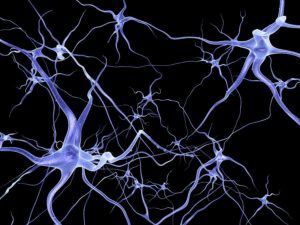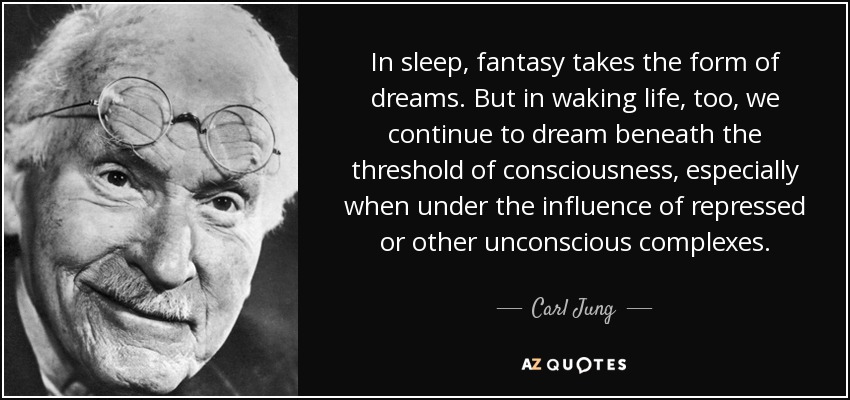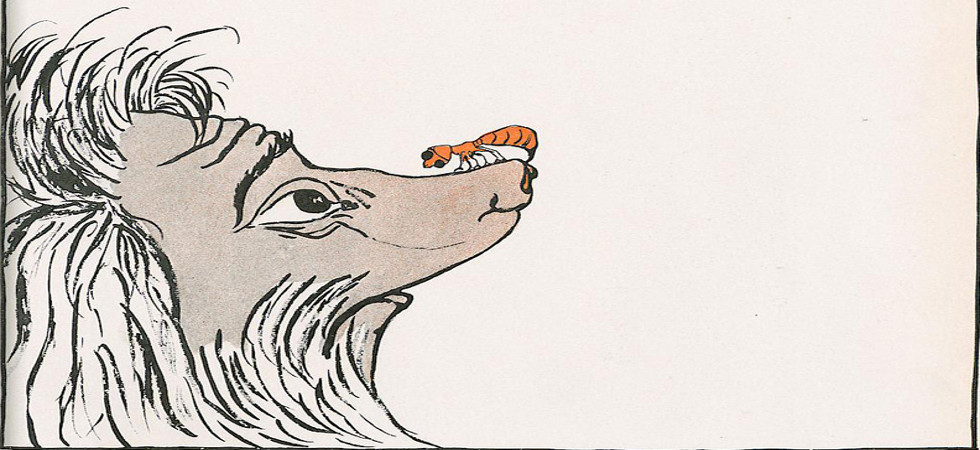
Nature has reasons for everything, including for dreaming. Centuries of intense debate and still the reason for dreaming eludes a consensus opinion, because there’s no one reason, there are many reasons.
A widely accepted theory about dreaming, threat-rehearsal, is put forward by the field of evolutionary biology. Dreaming evolved as a way to adapt to environmental conditions and increase the odds of survival by rehearsing threat scenarios.
While this theory is plausible for why we dream, neither threat-rehearsal nor any other theory (and there are many) captures the entire range of dream phenomena. It’s too vast and multi-faceted, and a theory that works well to explain one type of dream fails to explain other types.
In my experience, some dreams are best described as rehearsals, and they can rehearse scenarios involving physical threats. (In times past, survival was a more pressing matter for humanity, so it’s surmisable that dreaming for threat-rehearsal is an outgrowth of human evolution and adaptation.) For the modern human though, threats are more likely to come as emotional, mental, spiritual, personal, and financial, and those threats are the kinds we see most often in our dreams.
Dreams zero in on threats and give them first priority, but dreams aren’t all stormy days and crying kids. Dreaming is a process for healing and restoration, then for processing and digesting, then for learning and exploration — and fun. Once survival and threat issues are addressed, your dreams can move on to other priorities.
I think dreaming’s also both a personal and social process — dreaming has a shared channel that we’re all tuned to for at least part of our dream time.
Knowing why you dream can help you understand what you dream. Know the reasons behind a dream you’re interpreting and you can see them reflected in the dream content. And more, you can answer the most important question: why did you give yourself the experience?
Dreaming What Tomorrow May Bring

An approach to dreaming that comes to us from the field of neuroscience views it as the brain’s way of testing possible future outcomes. If you do A, will it lead to B? To C? Viewed this way, dreaming is more about rehearsal and less about threat.
Some dreams are best viewed as virtual reality simulations, and testing possible outcomes while dreaming is the best way to explain them. The ultimate rehearsal. It may be better understood as a parallel process rather than a primary one. We’re always learning, testing, projecting, guessing. There’s no reason to think those processes and subprocesses only occur while you’re awake.
The brain is a prediction engine, and prediction is its root level of creating the experience of consciousness through the senses. You get what you expect in more ways than one! You can dream while awake, you know — actual REM-pattern dreaming — and experience the brain creating what’s perceived as reality based on prediction rather than fact. It’s not a big step to then grasp that reality itself is a created experience that’s experienced through perception. Perception is entirely the domain consciousness, as far as we know, and therefore entirely subjective.

Why we dream: Rewiring and reconfiguring
For the neuroscientist, dreaming is easily explainable as a brain activity. You can watch the brain rewire itself while dreaming — called neuroplasticity — and infer what it’s responding to, and you can test a person or animal to see improvements in memory, skill, concentration and comprehension after a period of dreaming — sometimes after just a nap,
Dreaming expands a person’s scope of thinking and cross-references wide ranging thoughts and thought processes. It makes connections that are missed consciously, and it facilitates creative and unconventional thinking. It helps us identify patterns and see where things are headed. What an advantage it is to know what tomorrow may bring!
Dreaming may even be part of creating reality from the quantum field of probability. We choose which probabilities becomes reality, and we’re shown the probabilities as symbol and story in our dreams. We create tomorrow. I can’t prove it, but my gut tells me it’s true.
In our language we use the word “dream” to also mean the big ideas you have for your life. A dream is a wish, and when it comes true, we say it’s a dream come true. These two meanings of “to dream” parallel one another. The dreams you have by night can come in response to the dreams you have by day — the big ideas and wishes you “dream up” — supporting what’s best for you and guiding toward it. Dreams can also feed you ideas about the person you can be and the ideal life you can live. I think of it as a loop of personal energy connecting waking life and dream life.
Dreams Aren’t Brain Farts
By the way, activation-synthesis, a widely popular theory about dreaming that claims it results from the brain’s attempt to interpret random signal noise generated in the brain stem while sleeping, aka the Brain Fart Theory, has been thoroughly disproven yet is still widely believed.
When people say “dreams are meaningless and science proved it!” they are usually referring to this disproven theory. The dreaming mind is a translator of input, to symbolism. Some input may be best described as random signal noise, but it’s far from the only input.
However, I will say that some dreams are not meaningful in the traditional sense. The “random signal noise” could be the mind warming up for the deeper dreaming that occurs later in the sleep process, like an orchestra warming up before a performance. It’s a terrible mistake to say that all dreams are meaningless based on the observation that some dream imagery is meaningless.
Processing and digestion
You don’t have to be a neuroscientist to know that dreams can be deeply emotional. What most people don’t know is that emotional digestion is intrinsic to dreaming — emotional dynamics are present as information in every dream symbol. Thank researcher Bob Hoss for the insight, and thank sleep specialist Dr. Reuben Naiman for his two-word summary of dreaming: psychological digestion. Dreaming helps you psychologically digest your experience of life.
You can even dream in response to what’s being physically digested at the time.
Ultimately we dream to become a complete person, to live our potential. Dr. Carl Jung said the lifetime process of dreaming is to become a fully formed individual by united the conscious mind with the unconscious mind. You dream to learn what you really are in your deepest inner being. That’s a lesson for another time. But if you want that lesson now, take my Master Course on Dream Interpretation.


